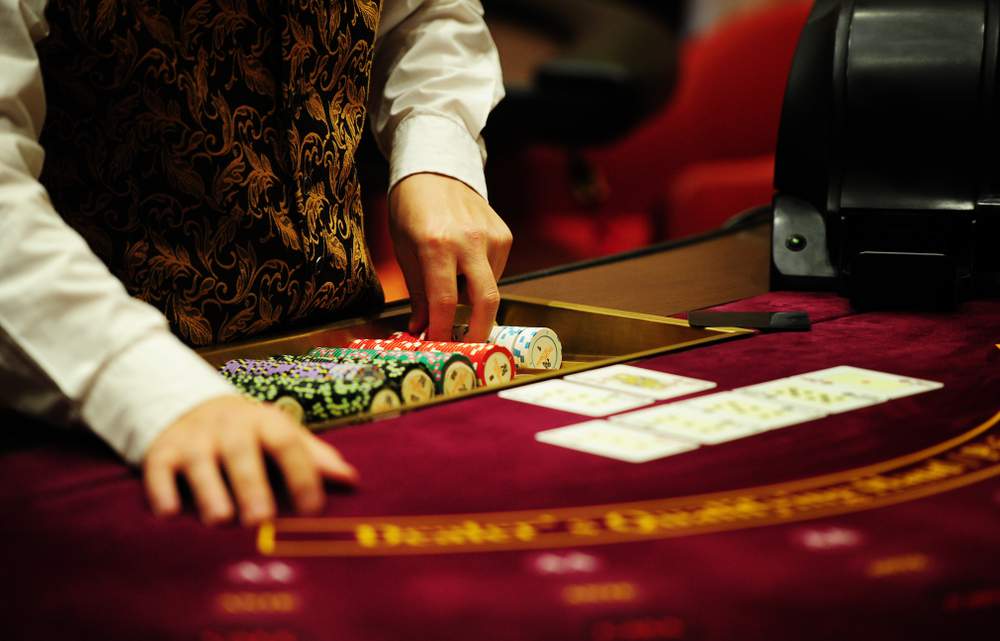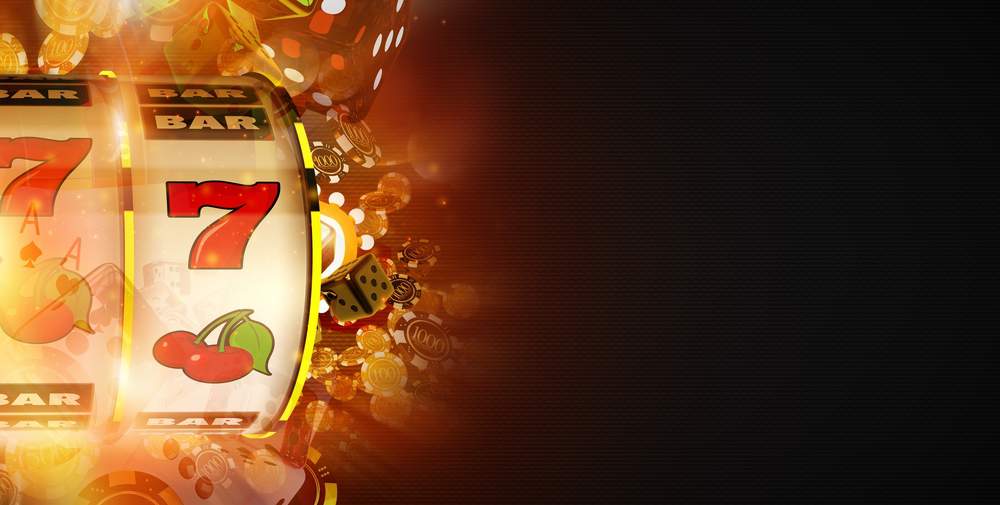

A study published by ENV Media has uncovered some very interesting facts about the iGaming industry in Brazil. Close to half of respondents, 48 percent, said they were attracted to online gaming activity simply because of their accessibility to expendable cash. Another significant influence is the allure and enjoyment players experience from gaming. A total of 40 percent of respondents point to that as a reason why they play if cash flow is not a priority.
As for other key reasons Brazilians like to visit online casinos, a total of 31 percent of those surveyed said that game quality is a factor. They also indicate that friends or relatives who recommend a particular game or site also make a difference. However, whether or not the gaming platform is regulated concerned just 24 percent of the respondents. Finally, only 20 percent of those surveyed said game accessibility and the overall perception of the gaming industry mattered at all. This means that gamblers in Brazil will find somewhere to gamble online and enjoy it regardless of whether the site they choose is regulated or not.
Brazil’s Gaming Industry Attracts Both Men and Women
In 2021, a survey by GameBrasil showed that female participation in online gaming was on the rise. At the time, a total of 51.5 percent of those engaging in eSports activities were female. Another survey, this one from online betting operator and casino KTO Group, found that women who frequent online casinos tend to lean toward what are known as crash games. These are games where bettors place their wager on a game or event outcome that can go up or down in seconds. The goal of this type of wager is to cash out before the outcome crashes, or plummets.
Brazil’s Popular Games and Gambler Age Data
The same survey shows that crash games account for online betting activity for 80 percent of Brazil’s betting population. Or at least that many players admit they have played crash games at some point in their gaming life. As for female bettors, their most popular game is roulette which 27 percent of respondents claim is their main choice when they enter an online casino. The other top betting activities, in order of preference, are online lotteries, sports betting, online slots, and table games.
The ENV Video survey found that the average age of a gamer, regardless of gender, is 39. The most active age group is players between 25 and 40 although 57 percent of all gamblers are younger than 49. The second-largest age group, accounting for 28 percent of the gamers, falls between the ages of 41 and 56. In other words, the average Brazilian gambler is younger than 34 and probably female.
Online Sports Betting In Brazil Continues To Explode
According to O Globo, the online gaming industry produces 150 billion BRL ($29.7 million US) annually. However, the marketplace is mostly unregulated and therefore, generates no federal tax revenue. Recent movement by the Brazilian government of Luiz Inacio Lula da Silva will see some form of regulation to assist the government in reaching its ambitious plan of having a zero deficit next year. The major online gambling partners feel the plan is a positive step but are pushing for a tax rate that is competitive to those already in place in other parts of the world.
The fear is that too high a tax rate may limit gaming activity and lead to clandestinity. Plus, if the tax rate is too high, it could make operating an online casino difficult for operators as their profit line would change considerably. Darwin Filho, the CEO of Lucky Sports adds that although gaming regulation is welcome, “what should be evaluated is the government’s revenue expectation.” He says that the numbers disclosed as potential tax revenues “are not realistic and are based on data with little basis.”
What The Brazilian Government Expects To Collect
The exact formula the government will apply to tax the gambling industry is yet to be determined. Brazil’s Finance Minister, Fernando Haddad, says a revision to the original projection pegs a gaming tax at generating between 12 billion and 15 billion BRL (Brazilian Real). The gaming industry is suggesting that the established model used in England be adopted. In that country, winnings are not taxed with income tax and a 15 percent tax is imposed on the difference between total bets and payouts made.
Industry Experts Question How The Taxes Will Benefit Brazil
According to operators of gambling sites within Brazil, an estimated 90 percent of gamblers in the country engage in illegal gaming activity just for fun. This means that “recreational gamblers” are not normally big winners. The government aims to place the tax on amounts won that total over 2,640 BRL. Amounts below that benchmark would be exempt. Recreational gamblers would likely not be required to pay the tax as their winnings are far below this level. Magnho Jose of BNLData says, “This issue is that there is a possibility of reducing this 30 percent tax rate but extending it to all gamblers.”
Final Thoughts
There are about one thousand online gambling platforms accessible to Brazilians. All of them are offshore operations. In addition, there are dozens of clubs that are sponsored by sportsbooks that Brazilian bettors frequent. Not only do Brazilians cheer on their favorite sports teams, but they also wager on the outcome of the events. The most popular games played by Brazilians are online lotteries, sports betting, slots, and table games. Disposable income is plentiful and betting is so commonplace that it has become a cultural activity that both men and women enjoy.
The average gambler in the country is under 34 years of age and likely female. To date, gambling in the country is mostly unregulated and the Brazilian government is trying to change that to access tax revenue from this growing industry. Industry leaders welcome regulation but are fearful that the tax rate will be too high which may harm profits and scare off gamblers.



